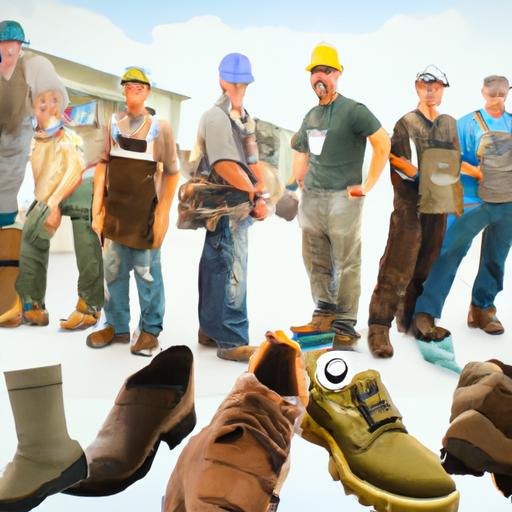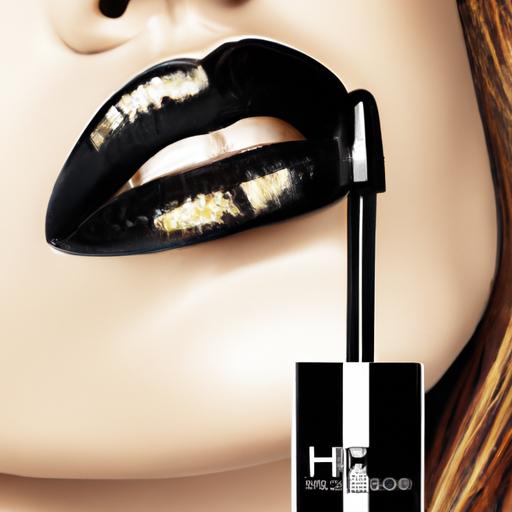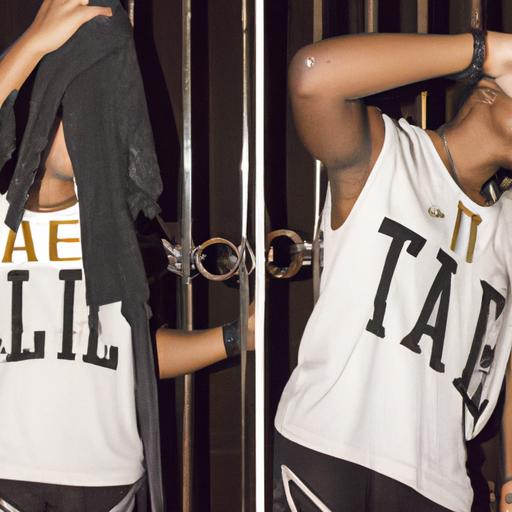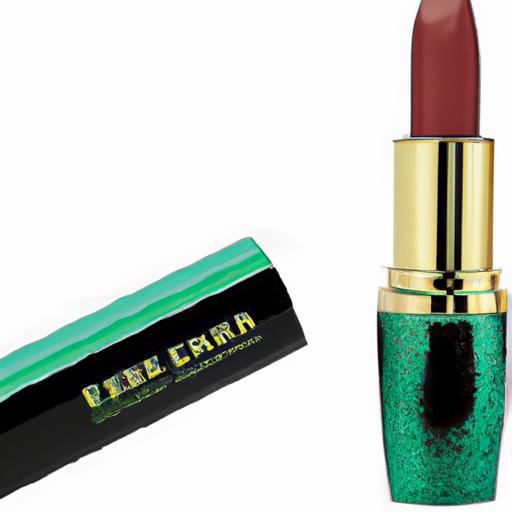Best Affordable Digital Camera for Beginners: A Comprehensive Guide
Are you a beginner photographer looking to buy your first digital camera without breaking the bank? With so many options on the market, it can be overwhelming trying to find the best affordable digital camera for beginners. But fear not, we have done the research for you and compiled a comprehensive guide to help you make an informed decision. From entry-level DSLRs to compact point-and-shoots, we’ve got you covered. Keep reading to find out our top picks and tips for choosing the perfect camera for your needs.
1. Types of Cameras for Beginners
a) DSLR Cameras
DSLR (Digital Single-Lens Reflex) cameras are a popular choice for beginners due to their versatility and image quality. They have interchangeable lenses and manual controls, allowing you to have more control over your photographs. While they may seem intimidating at first, once you learn how to use them, you’ll be able to capture stunning photos. Some recommended affordable DSLR cameras for beginners are the Canon EOS Rebel T6 and the Nikon D3500.
Pros:
- Wide range of lenses available to fit different photography needs
- Manual controls allow for greater creative freedom
- Larger image sensors produce high-quality images
- Great battery life
Cons:
- Generally heavier and bulkier than other types of cameras
- Can be expensive if you want to upgrade lenses
- Steep learning curve for beginners
- Limited video recording capabilities compared to other cameras
b) Mirrorless Cameras
Mirrorless cameras are becoming increasingly popular among beginners and professionals alike. They are similar to DSLRs in terms of image quality and manual controls but are generally more compact and lightweight as they don’t have a mirror mechanism. Some good options for affordable mirrorless cameras for beginners are the Sony Alpha a6000 and the Olympus OM-D E-M10 Mark II.
Pros:
- Compact and lightweight, making them ideal for travel
- Interchangeable lenses available
- Manual controls for more creative freedom
- Fast autofocus system
- Excellent video recording capabilities
Cons:
- Limited battery life compared to DSLRs
- Smaller image sensors may not produce as high-quality images as DSLRs
- Can be expensive if you want to upgrade lenses
- Not as many lens options available as DSLRs
c) Point-and-Shoot Cameras
Point-and-shoot cameras are the most budget-friendly option for beginners. They are compact, easy to use, and generally have automatic settings, making them perfect for those who just want to point and shoot. Some recommended affordable point-and-shoot cameras for beginners are the Canon PowerShot SX620 HS and the Sony Cyber-shot DSC-W800.
Pros:
- Affordable price point
- Compact and lightweight, perfect for everyday use
- Easy to use with automatic settings
- Good for beginners who don’t want to learn manual controls
Cons:
- Limited manual control options
- Smaller image sensors may not produce high-quality images
- Limited zoom capabilities
- Shorter battery life compared to other types of cameras
2. Key Features to Consider
When choosing the best affordable digital camera for beginners, there are a few key features that you should consider to ensure you get the most bang for your buck.
a) Megapixels
Megapixels refer to the resolution of the image captured by the camera. While it’s tempting to go for a camera with the highest megapixel count, it’s important to note that it’s not the only factor that determines image quality. A good rule of thumb is that anything above 12 megapixels is sufficient for a beginner.
b) Image Sensor Size
The larger the image sensor, the better the image quality. This is because larger sensors can capture more light and produce less grainy or noisy images. DSLRs and mirrorless cameras have larger sensors compared to point-and-shoot cameras, which is something to consider when making your decision.
c) Zoom Capability
If you plan on taking photos from a distance, make sure to check the zoom capabilities of the camera you’re interested in. Optical zoom is considered better than digital zoom as it uses the camera’s lens to magnify the image without sacrificing image quality.
d) Video Recording
If video recording is important to you, make sure to check the video capabilities of the camera. DSLRs and mirrorless cameras generally have better video recording capabilities compared to point-and-shoot cameras. Look for cameras that can record at least 1080p resolution videos.
e) Battery Life
No one wants their camera to die in the middle of an important photo opportunity. Make sure to check the battery life of the camera you’re interested in and look for options with longer battery life or the ability to carry spare batteries.
3. Tips for Choosing the Right Camera
Now that you know the types of cameras available and the key features to consider, here are some additional tips to help you choose the perfect camera for your needs.
a) Set a Budget
Before you start shopping, it’s important to set a budget. Remember that you don’t need to spend a fortune on a camera to get good quality. Decide how much you’re willing to spend and stick to it.
b) Research and Read Reviews
Do your research and read reviews from other beginners to get an idea of which cameras are popular and recommended. Don’t solely rely on salespeople’s recommendations as they may try to sell you the most expensive option.
c) Try Before You Buy
If possible, try out the camera before purchasing. Make sure it feels comfortable in your hands and that you understand how to use its features.
d) Consider Future Needs
Think about your future needs before making a decision. If you’re planning to pursue photography more seriously, invest in a camera that will grow with you and allow for upgrades.
4. FAQs
Q: Do I need an expensive camera to take good photos?
A: No, you don’t need an expensive camera to take good photos. With the right techniques and understanding of composition, lighting, and other elements, you can take great photos with any type of camera.
Q: Are mirrorless cameras better than DSLRs?
A: It depends on personal preference and needs. Mirrorless cameras are generally more compact and have better video capabilities, while DSLRs have larger image sensors and a wider range of lens options.
Q: What’s the difference between optical zoom and digital zoom?
A: Optical zoom uses the camera’s lens to magnify an image without sacrificing quality, while digital zoom enlarges and crops a portion of the image, resulting in a lower quality photo.
Q: Can I upgrade my camera’s lens?
A: Yes, DSLRs and mirrorless cameras have interchangeable lenses, so you can upgrade to different lenses as your skills and needs evolve.
Q: Is it worth investing in a higher megapixel camera?
A: Not necessarily. As mentioned earlier, megapixels aren’t the only factor that determines image quality. A camera with a decent number of megapixels (12 or above) should suffice for a beginner.
Conclusion
Choosing the best affordable digital camera for beginners may seem like a daunting task, but following the tips and recommendations outlined in this guide should make the process easier. Remember to consider your budget, needs, and future aspirations when making your decision. Whether you go for a DSLR, mirrorless, or point-and-shoot camera, always remember that it’s not the equipment that makes a great photo, but the skill and creativity of the person behind the lens. Happy shooting!



